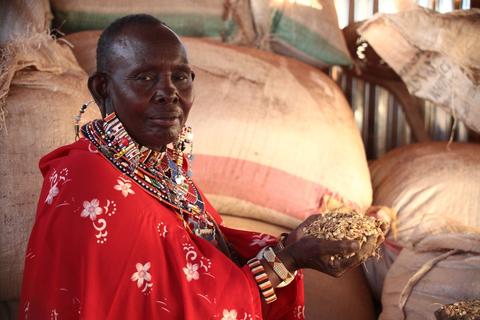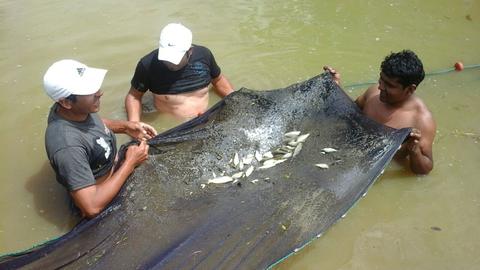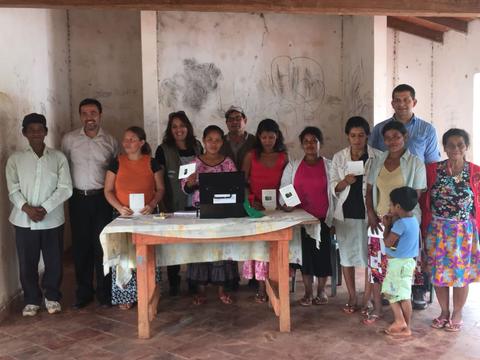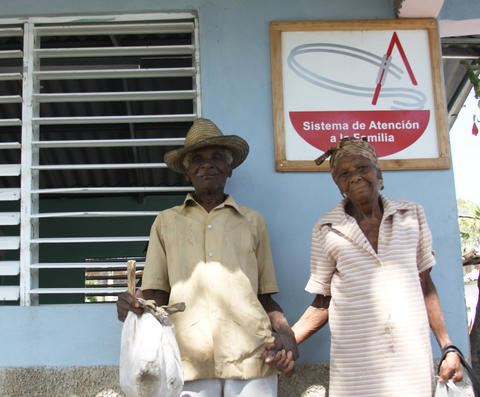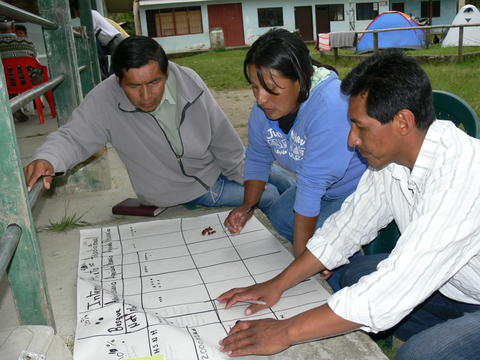August 26, 2016
Down to the last drop: Increasing access to water and sanitation
Why should drinking a glass of clean water be a luxury for 748 million people around the world? Add to that the 2.5 billion people who live without basic sanitation facilities. According to UN statistics, half of the hospital beds in low income countries are occupied by patients suffering from a water-related illness and every 21 seconds a child dies due to preventable water and sanitation-related diseases. As nothing is as essential to our survival as water, shouldn’t we have make this year, a year of change?
The global water crisis is one of the most pressing political, environmental and social issues of the 21st century leading to a downward spiral as it costs lives, deprives people of their dignity, forces women and children into arduous labour and prevents children from attending school as they collectively spend 140 million hours per day collecting water. The demand for potable water is dramatically increasing with rapid population growth and at the same time the water sector faces far great changes and challenges than ever before. Economic development, population growth, migration, urbanization, climate change and land-use changes have all had direct impacts on the availability and quality of water resources.
UNDP’s Human Development Report of 2014 states that clean water and sanitation can make or break human development and yet in order to provide universal access to water and sanitation by 2030, a total of US$ 27 billion in investment needed annually to maintain water infrastructure at its current level. The World Health Organization (WHO) estimates total economic losses of US$ 260 billion globally each year due to lack of adequate water supply and sanitation.
Access to clean fresh water and sanitation is essential to both human existence and local development, particularly for sectors such as health, education, gender equality, agriculture, environment and economic growth. Water and sanitation must be accessible, available and affordable and of good quality. In July 2010, the United Nations General Assembly and the UN Human Rights Council recognized access to safe drinking-water and sanitation as a human right. Those still lacking access tend to be poor, marginalized and indigenous groups.
The right to water and sanitation is closely incorporated in the Post-2015 Development Agenda. The Open Working Group proposed a dedicated water goal which is spelt out under Sustainable Development Goal number 6 to “ensure availability and sustainable management of water and sanitation for all”. We are making a big leap from the Millennium Development Goals to the Sustainable Development Goals as we will aim to ensure the universal access to water and sanitation for all.
The Sustainable Development Goals Fund (SDG Fund) adopts a multi-sectoral approach to the problem of water by:
- Promoting democratic and transparent water and sanitation governance systems;
- Improving access to water and sanitation services for the poor and marginalized;
- Ensuring healthy lives; and
- Promoting integrated water governance and climate change adaptation.
For example, in the Philippines, the SDG Fund works to improve governance and access to safe water, sanitation and hygiene at all levels through improved solutions that will especially more than 13,000 rural men, women and children and indigenous people benefit women and girls, schools, health and public centers as well as generate knowledge which will be utilized to aid policy advocacy, planning and capacity building. Given that an estimated 16 million Filipinos do not have access to safe drinking water, the joint programme is designed to improve delivery of water by encouraging investment in services for poor communities, increasing local capacities to develop, operate and manage water supply utilities. Community participation and local actors will play a key role in achieving universal access to water and sanitation which will generate a sense of national ownership, sustainability and accountability.
Given that we are at a critical juncture in history – isn’t it only fair that the issue of water security should never be watered down? Safe water and sanitation are critical – without them the lives and wellbeing of many remain in crisis. By resolving this vital issue we could witness a ripple effect on other development goals as it would also help reduce child mortality, improve maternal health, education and extreme poverty. In the words of the UN Secretary General, “Water holds the key to sustainable development and we must work together to protect and carefully manage this fragile, finite resource”.

